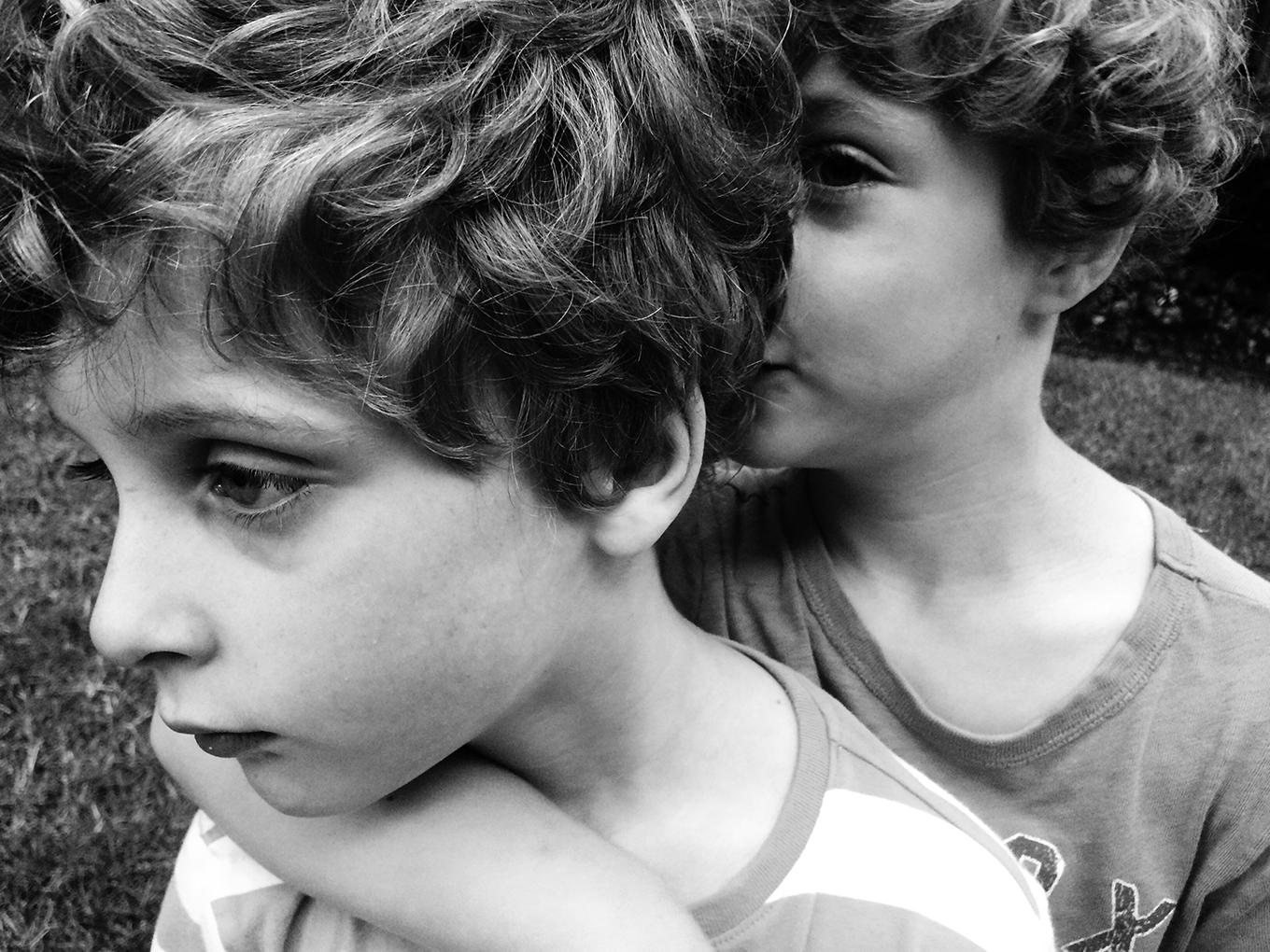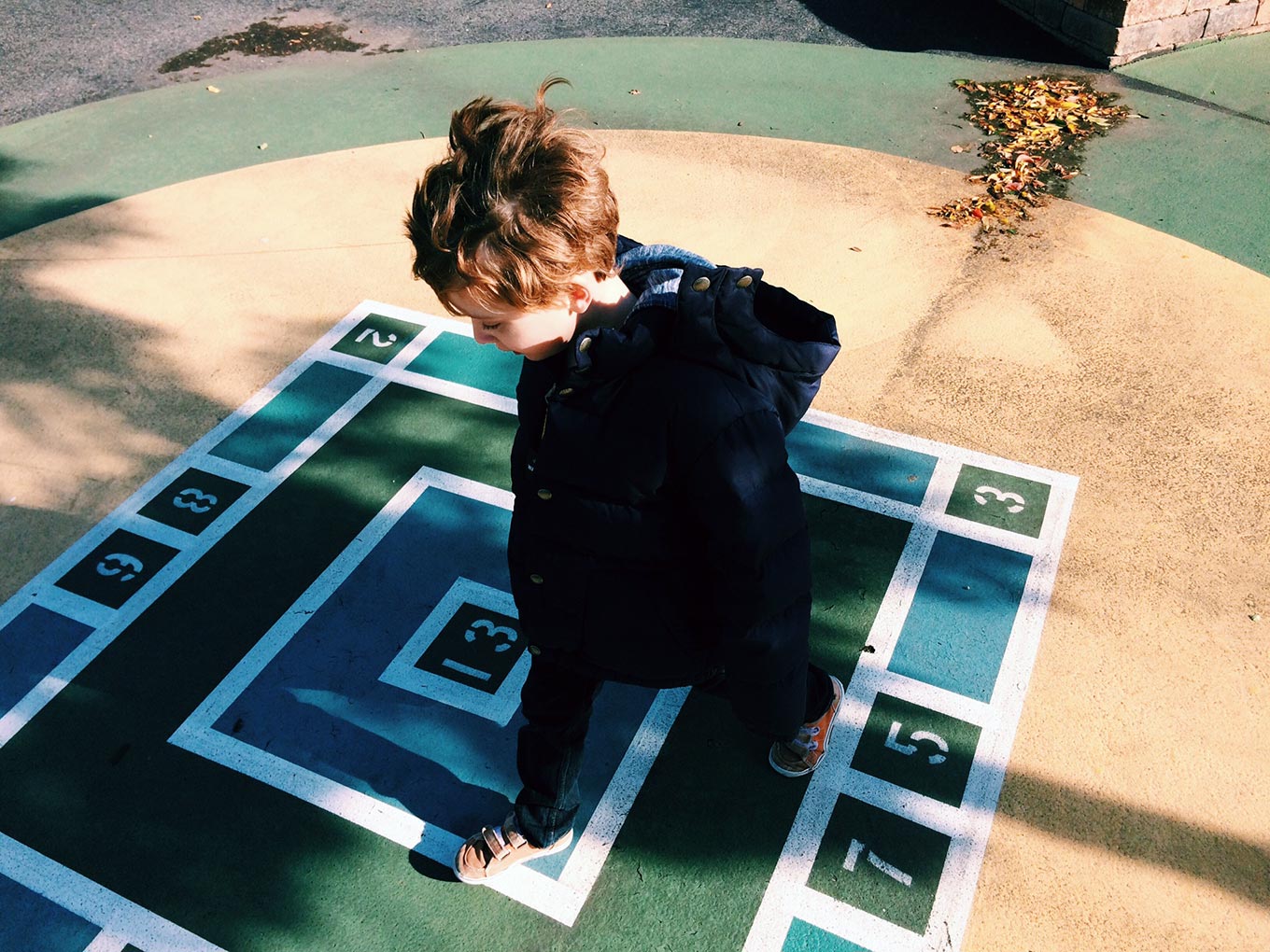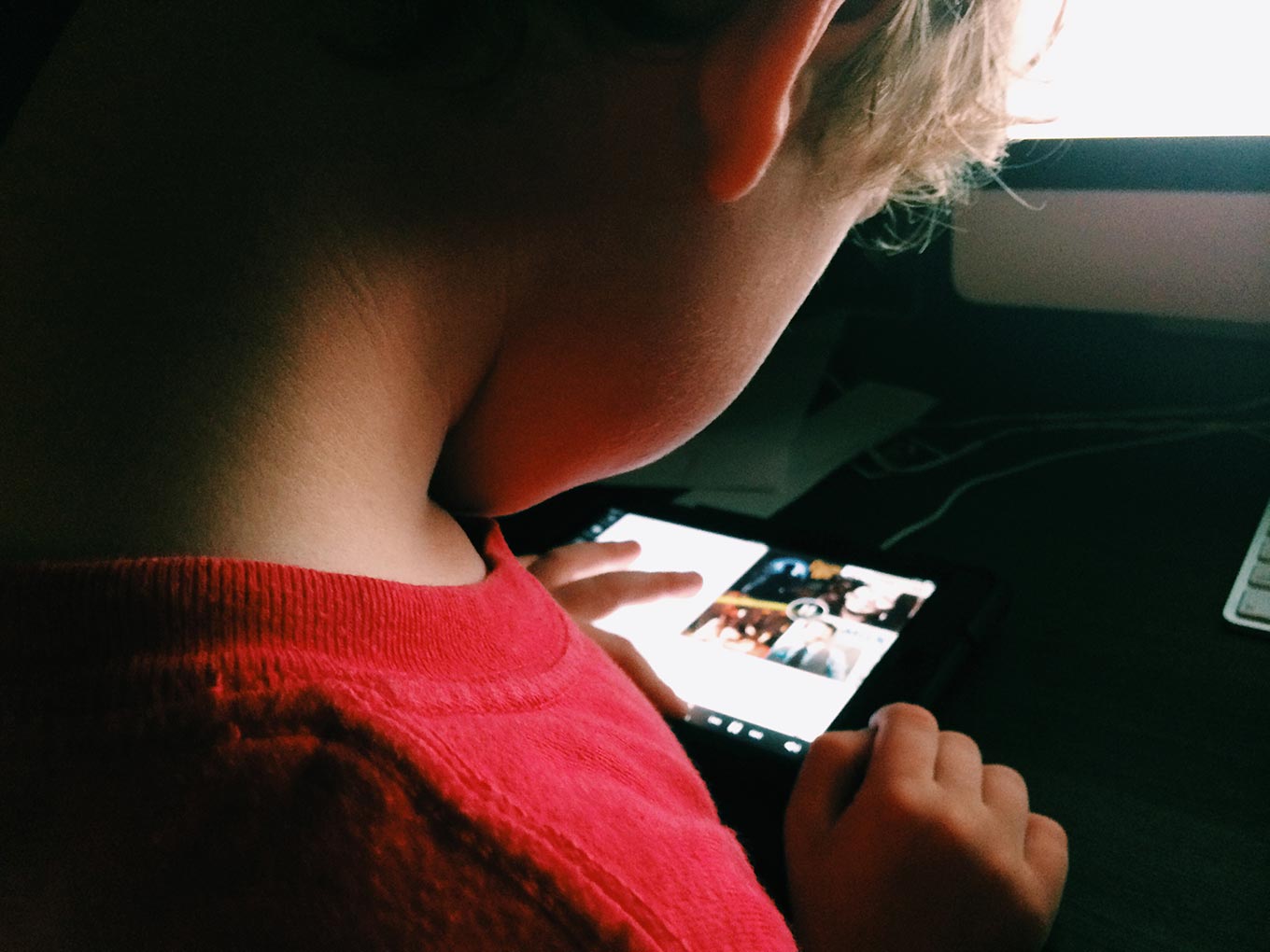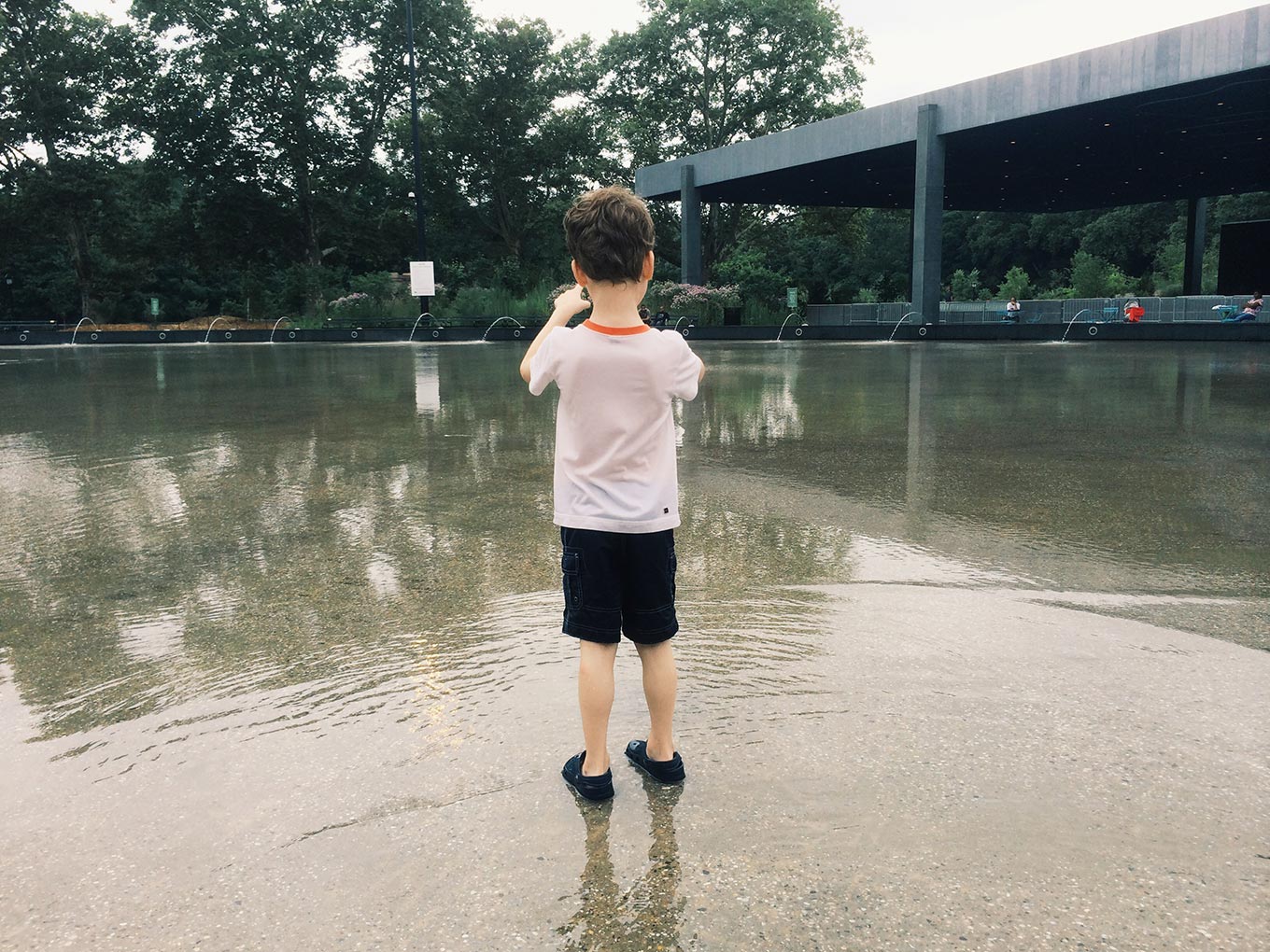 Parents occasionally write to tell me their child was just diagnosed with autism, and in searching the Web for insights they found my blog. They often express fear and sometimes sorrow, and ask if I have any advice.
Parents occasionally write to tell me their child was just diagnosed with autism, and in searching the Web for insights they found my blog. They often express fear and sometimes sorrow, and ask if I have any advice.
Since this has happened more than a few times, I thought I'd compile some of the thoughts I've shared with these parents over the past few years into one list, in no particular order:
- An autism diagnosis is just a label; nothing about your child has changed. The upside of the diagnosis, on the other hand, is that it allows your child to get critical services and support.
- It might feel unfair that your child was diagnosed with autism at such a young age, but remember that early intervention is critical — and the earlier, the better.
- Try not to panic, or feel like you have to fix things right away. This is a lifelong journey, and progress will happen over time just as it does for any child.
- Though some people feel ashamed of their child's autism, this is one of the most damaging things you can do to yourself and your child. There is no reason to be ashamed: your child has a different neurology, nothing more, nothing less.
- Although it's not uncommon to want to find someone to blame, don't do it. No one is to blame. In particular, don't blame your partner. You need to support one another now more than ever.
- Autism is diagnosed by a cluster of similar symptoms, but no two people with autism are alike. Evidence-based treatments involve working on specific challenges, not eradicating autism. Try to move beyond the label and focus on your child's unique challenges and, more importantly, strengths.
- Beware of anyone offering a cure or recovery; there is no scientific basis for any of these so-called remedies, and some of them are downright dangerous. They are offered by people who — as kind, supportive and legitimate as they may seem — are either grossly misinformed or simply want your money.
- Don't buy into the myth that people with autism are "locked away" or otherwise disconnected. Outward appearances can be deceptive; if you truly want to get to know your child, you'll find they're just as present as any other child. Seek out their interests and make them part of your play routine.
- Embrace — don't extinguish — the obsessions. They provide a great way to connect with what interests your child.
- Presume competence. Your child will amaze you with their abilities if you don't assume they're incompetent. In fact, nudge them (with love and patience) — just as you would any child — to do challenging things, things that may push their limits. This is how all people grow regardless of their neurology.
- Embrace the atypical. We like to say that we value diversity and individuality, but when it comes right down to it, there's an overwhelming parental urge to make sure your child "fits in." Over time, you'll come to understand that fitting in is a lot less important than being happy.
- Some friends and family will evaporate. There's no single reason why this happens, but some of the people you think you can rely on most simply won't be there. Try not to waste your time and energy fretting over it. New, wonderful people will enter your lives, and some of the old ones may eventually get with the program as well.
- Try to get to know teens and adults who have autism. Read their blogs and books, watch their videos, connect with them in person. They will help you gain insights you cannot possibly imagine now.
- Parenting will not be what you imagined; it will be harder than you'd hoped. Try to let go of your expectations and live in the present. In time you may come to find great purpose in this experience. I personally cannot imagine my life, or my son, without autism.
Most of all, remember that your love and acceptance for your child is what matters most.
If you like this, please consider sharing it with others. Thank you for reading.

 Here are some things I’ve read this past month that I found helpful, informative, or inspiring. Warning: there's more than usual!
Here are some things I’ve read this past month that I found helpful, informative, or inspiring. Warning: there's more than usual! Here are some things I’ve read this past month that I found helpful, informative, or inspiring.
Here are some things I’ve read this past month that I found helpful, informative, or inspiring. Here are some things I’ve been reading that you might find helpful, informative, or inspiring.
Here are some things I’ve been reading that you might find helpful, informative, or inspiring. Here are some things I’ve been reading that you might find helpful, informative, or inspiring.
Here are some things I’ve been reading that you might find helpful, informative, or inspiring.